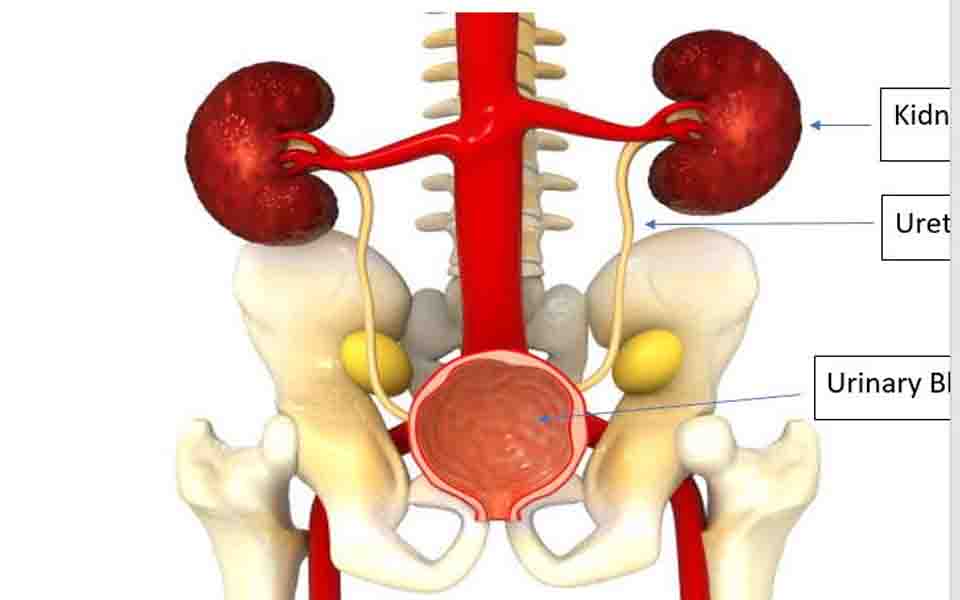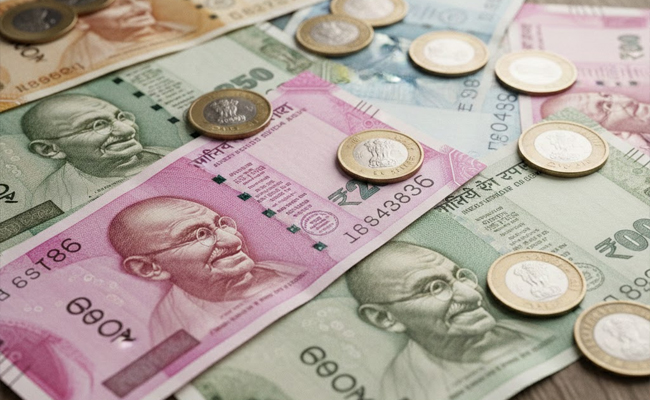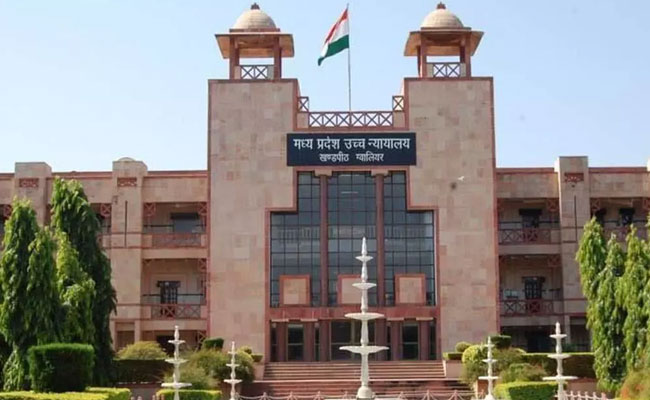Why Are the Kidneys So Important?
The major function of the kidneys is to remove waste products and excess water content from the body. These waste products and excess water contents are removed through the urine. The production of urine involves highly complex steps of filtration and re-absorption. This process is necessary to maintain a stable balance of body chemicals. When an imbalance occurs, many critical bodily functions can be affected.
The critical regulation of the body's salt, potassium, and acid content are performed by the kidneys. The kidneys also produce hormones that affect the function of other organs. For example, a hormone produced by the kidneys helps maintain normal hemoglobin levels. Other hormones produced by the kidneys help keep blood pressure normal and control blood calcium levels.
The kidneys are powerful chemical factories that perform the following functions:
● Remove waste products from the body
● Remove medicine byproducts from the body
● Balance the body's fluids
● Release hormones that regulate blood pressure
● Produce an active form of vitamin D that promotes strong, healthy bones
● Control the production of red blood cells
What is Kidney Failure?
Kidney failure, also called renal failure, is a condition in which the kidneys lose their ability to remove waste products and excess fluid from the body. As waste products and excess water contents build up in the body, other body systems such as the heart, lungs, and blood vessels are affected, which can be harmful to your health.
● The most common causes of Renal failure are diabetes and high blood pressure. In the early stages of kidney failure, usually, there are no symptoms. The disease can worsen over time to complete kidney failure, also called end-stage kidney disease. This occurs when kidney function has worsened to the point that dialysis or kidney transplantation is required to live and maintain good health.
● The main goal of treatment is toprevent the worsening of the initial stages of kidney failure to complete kidney failure. The best way to do this is to diagnose kidney failure early and control the underlying cause. Daily habits and lifestyles have an enormous impact on our health and quality of life.Regular physical activity, maintaining healthy body weight, not smoking, and following good nutrition and other health-promoting practices can profoundly influence health. These habits should start from childhood.
Complications of Kidney Failure Most people have no symptoms until kidney function is moderate to severely impaired. Kidney failure is often discovered when blood or urine tests are done for other reasons. Sometimes, people suffering from kidney failure notice swelling, usually around the feet and ankles before any other symptoms appear.
Even with advanced kidney failure, most people can produce near normal amount of urine; It can be confusing at times. Urine is being formed, but it does not contain enough of the body's waste products.
Symptoms associated with severe kidney disease include loss of appetite, fatigue, increased sleepiness, nausea, vomiting, confusion, and unclear thinking. Patients often suffer from high blood pressure and anemia.
How to find out about kidney failure?
You need some urine tests and blood tests to diagnose kidney failure. In some cases, a kidney biopsy is required. Doctors perform a kidney biopsy by inserting a thin needle through the skin, examining it under a microscope for signs of kidney disease.
Treatment of kidney failure
The first step in treating kidney failure is to determine the underlying cause. Controlling diabetes and high blood pressure is important to prevent further deterioration of kidney function. Certain conditions, including the use of certain medications that impair kidney function, obstruction of the ureter, or reduced blood flow to the kidneys, can be effectively treated. Treatment of such conditions can halt further worsening of kidney failure.
Management of kidney failure is best done with the help of a kidney specialist, also called a Nephrologist. Consulting a Nephrologist in the early stages of kidney failure can reduce the complications associated with kidney failure.
High blood pressure - High blood pressure occurs in 80 to 85 percent of people with kidney failure. Maintaining good blood pressure control is an important goal in trying to slow the worsening of kidney failure. Therefore, it is very important to discuss with your doctor to effectively treat high blood pressure.
Dietary changes – Changes to your diet should be made to control or prevent some complications of kidney failure. Along with medications, salt restriction is the most important factor in controlling blood pressure.Reducing meat consumption is important and some people with kidney failure may benefit from a plant-based diet.
In some people with kidney failure, kidney function worsens over time, and eventually, they need to start dialysis or consider kidney transplantation. It usually takes several months to years to worsen to complete kidney failure after kidney disease is first diagnosed. Severe kidney failure is sometimes diagnosed for the first time in people who were previously undiagnosed as having kidney disease. You should discuss with your doctor whether dialysis or a transplant is in your best interest, and whether it will improve your quality of life and life expectancy.
There are two types of dialysis: hemodialysis and peritoneal dialysis.
A kidney transplant is an option for some people with kidney failure before starting dialysis.Patients should talk to their doctor about getting evaluated for a kidney transplant before they even get close to needing dialysis.
An important aspect of treatment for patients with renal failure is the early planning of dialysis. Although a kidney transplant is the treatment of choice in most cases, many people may have to wait months or years for a kidney transplant to take place due to ongoing health issues of patients with kidney failure, availability of donors, or even issues such as financial arrangements. Until a kidney transplant becomes an option, dialysis may be required.
Dialysis or kidney transplant - which option is better?
Treatment for severe kidney failure is dialysis and kidney transplantation.
If the kidneys are not working efficiently, waste products and excess water content in the blood accumulate in the body.
Dialysis partially restores the function of kidneys that fail to remove fluid and waste products. A kidney transplant restores the function of failing kidneys more completely. If you or a member of your family has kidney failure, you should discuss all available options with your kidney doctor.
Kidney Transplantation
Kidney transplantation is an option for many people with severe kidney failure. The quality of life and life expectancy is better with kidney transplants than with people treated with dialysis. However, there is a shortage of organs available for transplantation. Many people who are candidates for a kidney transplant are placed on a transplant waiting list and require dialysis until a donor kidney becomes available for transplantation.
A kidney can be transplanted from a relative, an unrelated person such as a friend or acquaintance, or a deceased person (deceased or cadaveric donor). Kidney donors and people who need a kidney transplant need only one kidney to survive. In general, organs from living donors function better and last longer than those from deceased donors.
Some people with kidney failure are not candidates for kidney transplantation. Elderly and patients with severe heart disease are better treated with dialysis than undergoing kidney transplant. Other conditions that prevent you from being eligible for a kidney transplant include:
● Active or recently treated cancer
● Chronic disease leading to death within a few years
● Patients with Dementia
● Poorly controlled mental illness
● Severe obesity (body mass index greater than 40)
● Inability to remember to take medicines
● Current drug or alcohol use
● History of poor compliance with medications or dialysis treatments
Some people with human immunodeficiency virus (HIV) infection may be eligible for a kidney transplant if their disease is well controlled.
People with other medical conditions are evaluated on a case-by-case basis to determine whether a kidney transplant is an option.
A successful kidney transplant improves the quality of life and reduces the risk of death. In addition, kidney transplant recipients do not require hours of dialysis treatment.After a kidney transplant, medication and frequent check-ups are required to decrease the chance of the body rejecting the transplanted kidney.
Hemodialysis
In hemodialysis, waste products and excess water are removed through a dialysis machine. It is usually done three times a week and takes three to five hours per session.
Peritoneal dialysis
Peritoneal dialysis is usually done at home. To perform peritoneal dialysis, the abdomen is filled with dialysis fluid through a surgically inserted tube.
Choosing between peritoneal dialysis and hemodialysis is a complex decision that you, your doctor, and other family members or caregivers must make after careful consideration of several important factors. Neither hemodialysis nor peritoneal dialysis is better than the other.
The choice between the two types of dialysis is usually based on many factors, including your preferences, family support, and underlying medical problems. You should start with the type of dialysis that you and your doctor feel is best, although it is possible to switch to another type (peritoneal dialysis instead of hemodialysis) as circumstances and preferences change.
Dr. SHAHUL HAMEED VALAVOOR, M.D. is from Thumbay, Mangaluru in India and is serving as a
Transplant Nephrologist at
Kidney and Hypertension Center,
The Christ Hospital,
Cincinnati OH USA.
Let the Truth be known. If you read VB and like VB, please be a VB Supporter and Help us deliver the Truth to one and all.
Baramati (PTI): The last rites of Maharashtra Deputy Chief Minister Ajit Pawar, killed in a plane crash, will be held with full state honours on Thursday at Baramati in Pune district.
Union Home Minister Amit Shah will be among the leaders present at the funeral, his Nationalist Congress Party (NCP) said.
The last rites of Pawar (66) would be performed at the sports ground of Vidya Pratishthan in Baramati in Pune district around 11 am.
Pawar was killed on Wednesday morning after the chartered Learjet crashed near the Baramati airstrip, around 100 km from Pune. Two pilots, a flight attendant and a personal security officer were also killed in the accident.
On Thursday morning, the mortal remains of Ajit Pawar were taken from the Punyashlok Ahilyadevi Hospital in Baramati, where they were kept overnight, to his Katewadi village near Baramati.
The funeral procession will begin at 9 am.
Shiv Sena-UBT leaders Uddhav Thackeray and his son Aaditya Thackeray on Thursday met the Pawar family at their residence in Baramati.
On Wednesday, Chief Minister Devendra Fadnavis and Deputy CM Eknath Shinde visited the hospital and spoke to Ajit Pawar's family members.
Police have registered an accidental death report (ADR) case in connection with the plane crash, an official said.
Pawar and four other persons on board the aircraft were killed after it crashed barely 200 metres from the edge of a tabletop runway at Baramati.
As per procedure, the ADR will be handed over to the Maharashtra Criminal Investigation Department (CID), which will conduct a probe based on findings of the Aircraft Accident Investigation Bureau (AAIB)'s inquiry.
The AAIB, which functions under the Ministry of Civil Aviation, has already taken over the probe into the crash.
A CID official told PTI that in case of the death of an influential public representative or figure in an accident, the probe is carried out by the CID.
The others killed in the tragedy were Captain Sumit Kapoor, who had a flying experience of 15,000 hours, co-pilot Capt. Shambhavi Pathak with 1,500 hours of flying, Personal Security Officer (PSO) Vidip Jadhav and flight attendant Pinky Mali.
Their mortal remains have been handed over to their families, hospital sources said.
The government Thursday released a statement detailing the sequence of events that led to the crash and Pawar's death.
The aircraft was cleared for landing in Baramati after a go-around due to poor visibility, but having finally received a clearance, it did not give any read-back to the ATC, and moments later burst into flames near the edge of the airstrip.








